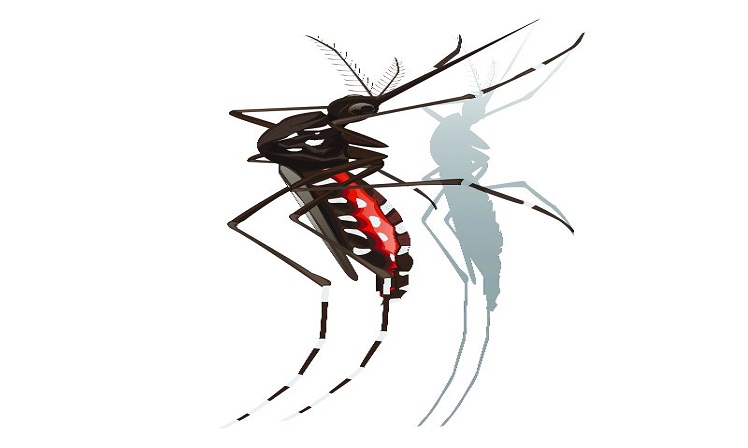
Image Source: Agencies
Dengue is caused by a virus that is transmitted to humans by mosquitoes. The mosquito that causes dengue (and chikungunya) breeds in standing water in residential areas and bites during the day, especially early in the morning or late at night. An infection can quickly develop into an epidemic during the mosquito breeding season.
Symptoms :
Tremors, fatigue, fever, loss of appetite, nausea, vomiting, rash, pain, including eye pain (usually behind the eyes), muscle, joint, or bone pain. Dengue is also called a fracture. Not all infected patients develop dengue symptoms. In fact, most of them are asymptomatic. Of those who develop symptoms, many can mimic other viral infections, such as fever, headache, and body aches. Most recover in a few days without aggressive treatment other than antipyretics, rest, and plenty of fluids.
Symptoms can mimic other viral fevers. Sometimes other symptoms may worsen during the onset of a fever.
Monitor hemoglobin and hematocrit levels.
A typical patient goes through three phases: febrile, critical, and convalescent. In the early stages of fever, the main symptoms are fever, headache, and body aches. Antipyretics (paracetamol) and plenty of fluids are necessary. Most patients usually recover without a clear critical phase.
However, some patients develop critical symptoms that require hospitalization and close monitoring. Warning signs include vomiting, abdominal pain, severe headache, constant body pain, bleeding anywhere, and inability to drink fluids. Their presence indicates a critical situation and the patient needs close monitoring in the hospital for 48-72 hours.
Monitoring hemoglobin and hematocrit (the ratio of the number of red blood cells to the total blood volume) is more important in dengue than even monitoring the platelet count. These two values must be checked on the second or third day of fever. These results are the patient's baseline and should be closely monitored if symptoms persist or worsen. Sometimes, when a patient develops a fever, other symptoms often worsen, indicating the onset of a critical phase. Any abnormal increase in hemoglobin and hematocrit (> 20 percent) above baseline indicates the need for hospitalization.
A sudden drop in hemoglobin and hematocrit from baseline with worsening clinical conditions is even more important and indicates internal bleeding that requires an urgent blood transfusion. A slight decrease in these two parameters and an improvement in symptoms indicate improvement.
Leave a comment: (Your email will not be published)